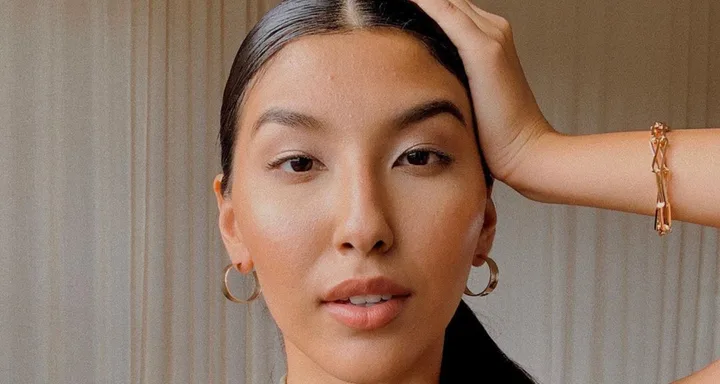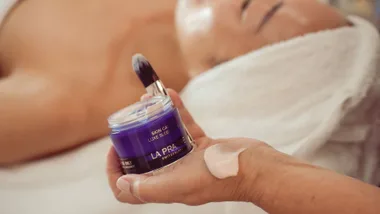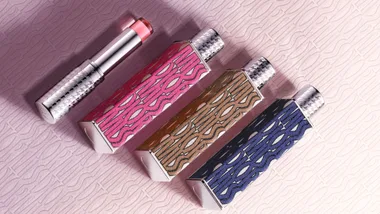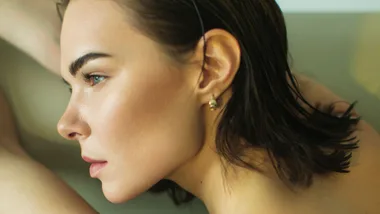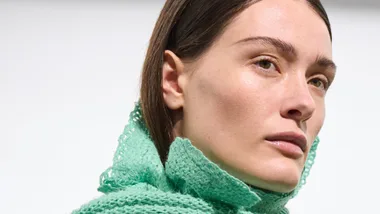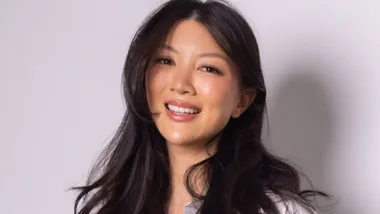Ever feel like you have a headache, but instead of your head, it’s your hair that’s hurting?
Well, you are definitely not alone! ‘Hair pain’ or ‘scalp pain’ is pretty common, and can be attributed to a number of possible reasons.
Here, we consulted Melbourne-based dermatologist Dr. Shyamalar Gunatheesan to understand why your hair might be hurting (and what to do about it).
First Of All, What Exactly Is Happening When Your ‘Hair Hurts’?
As it turns out, that roots-on-fire feeling has two technical names, and it’s not the hair itself, but the skin and perifollicular area of the scalp — the area around each hair, follicle or pore — that’s hurting.
“This is what we call ‘scalp dysaesthesia’ or ‘trichodynia’,” Dr. Gunatheesan tells marie claire.
“It affects the skin overlying the large enveloping muscle of our scalp called the occipitofrontalis [a long and wide muscle of the scalp] and its fibrous tissue. It is richly innervated through our cervical nerves.”
According to Dr. Gunatheesan, the disagreeable sensation can come from a minor immune response to ordinary stimuli, such as oil, that causes “nerve inflammation manifesting as pain, itchiness or a burning of the scalp.”

Why Does My Hair Hurt?
There are multiple possible reasons while your hair might be hurting. Here, a few of the main ones and how to deal with them:
1. Not Washing Your Hair
If you’ve left it a while between hair washes (and this interval will vary from person to person, depending on what’s normal for you), this is most likely the culprit behind your scalp pain.
In this case, it all stems back to the accumulation of sebum on the scalp, which is the “ordinary stimuli” that promotes an overgrowth of yeast on your scalp, leading to itchiness and inflammation in the follicle.
Not to be confused with a yeast infection, the yeast we’re talking about here is called ‘malassezia yeast’, which exists on everyone’s bodies and is normal.
To fix it, try using a clarifying shampoo to break down oils without stripping your hair.
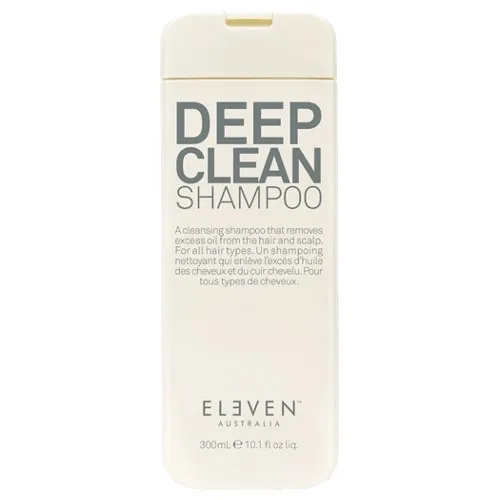
ELEVEN Deep Clean Shampoo 300ml, $24.95 at Adore Beauty
2. Having Your Hair Pulled Back In A Tight Ponytail, Braid Or Bun For Too Long
Maintaining a too-tight ponytail, braid or bun for hours at a time (particularly if you’re doing while your strands are oily) could be another reason why your scalp feels inflamed.
“Traction alopecia, where having your hair pulled back in tight ponytail or clipped or braided too tightly, can result in excessive tension and weakening of the hair follicles,” Dr. Gunatheesan explains.
Consider leaving your locks open from time to time, tying your strands less tightly or opting for cloth hair ties on occasion.
3. A Stressful Or Traumatic Event
If you’ve experienced a significant bout of stress or a traumatic event and have found your hair has been hurting more than usual, it is possible that the two are interlinked.
“[It] could be an early sign of impending hair shed from ‘telogen effluvium’,” Dr. Gunatheesan explains.
According to Harvard Medical School, in a person with telogen effluvium, certain body changes (i.e. extreme weight loss or change in diet) or a major physical or psychological trauma can prematurely push more hairs into your locks’ natural shedding phase (the telogen phase of your hair growth cycle), which can be prefaced by scalp pain.
If this is something you’re worried about, it’s worth visiting your GP to get individualised advice.

4. Tension Headaches or Migraine
A not-so-fun fact? Hair pain is something that happens to two thirds of those who suffer from migraines, Dr. Gunatheesan explains.
In this scenario, it is is known as ‘allodynia’, which comes from the repetitive firing of the nerve cells in the brain that are responsible for migraines. It’s not limited to the scalp, but generally refers to heightened sensitivity to pain from non-painful stimulation, such as light touch or tapping.
So, if you know you’re in the migraine camp, it’s broadly recommended to migraine medication as soon as it starts, but it’s best to consult your GP for individualised advice.
How Do You Know When It’s Time To See A Doctor About Scalp Pain?
If in doubt, get it checked out! If you’re worried that your hair pain could be the result of something more, such as a scalp condition like psoraisis, folliculitis or eczema, or it’s accompanied by other forms of pain or physical symptoms like hair loss, sores or pimples, it’s definitely worth consulting your doctor.
“The main thing is to seek help if the pain persists or is associated with any other signs or symptoms such as headaches or other neurological issues,” Dr. Gunatheesan advises.
“If you do notice concomitant increased hair shedding or skin changes on the scalp, make sure you get seen by a dermatologist. We will be able to accurately diagnose the underlying hair or scalp condition before embarking on efficacious treatment interventions, in particular to regrow the lost hair.
“In many cases, an individual loses about 50% of hair density before noticing the appearance of thinning. Keeping a close eye on daily hair shed is important.”
